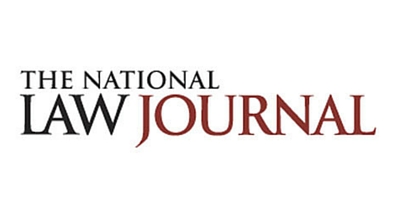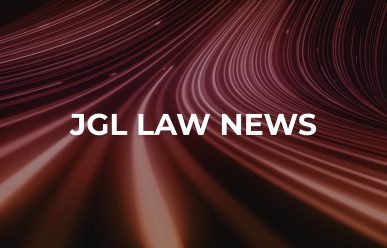While Judge Brett Kavanaugh’s recent nomination to the Supreme Court has pleased advocates for business interests, advocates for employees have worried that he will damage crucial workers’ rights. Joseph Greenwald & Laake principal Brian Markovitz spoke to Erin Mulvaney of the National Law Journal regarding the risk to employees following Kavanaugh’s potential confirmation.
Kavanaugh, nominated by President Donald Trump on July 9, has demonstrated in past opinions his support for employer interests over those of workers and those protecting employee rights. For example, he dissented in a 2010 ruling that SeaWorld failed to adequately protect its employees from the potential risks of contact between trainers and killer whales.
In his dissent, Kavanaugh pointed to a large list of sporting professions that carry potential hazards, stating that American spectators “enjoy watching these amazing feats of competition and daring, and they pay a lot to do so.” He said that the Labor Department is not the proper body to make decisions regarding safety precautions, and that the majority decision could allow OSHA to regulate sporting events such as NFL games and Nascar races.
Markovitz agreed that Kavanaugh’s confirmation would likely push the Supreme Court to be a wholly pro-business court, protecting the employers over employees. He predicted that Kavanaugh’s arrival at the Supreme Court would continue a trend of 5-4 rulings.
“That’s the real travesty of this situation,” Markovitz said. “There was one point in time where the court . . . based decisions on judicial scholarship and thought. Now, it’s almost full politics.”
To read the full article, click on the National Law Journal logo below.
Brian Markovitz is a principal in JGL’s Labor and Employment and Civil Litigation practice groups and focuses on helping victims who have suffered severe injustices in the workplace. He represents individuals in complex employment litigation and appellate matters involving wrongful termination, retaliation by employers in response to reporting fraud or misconduct and discrimination on the basis on race, gender, age and sexual orientation.


